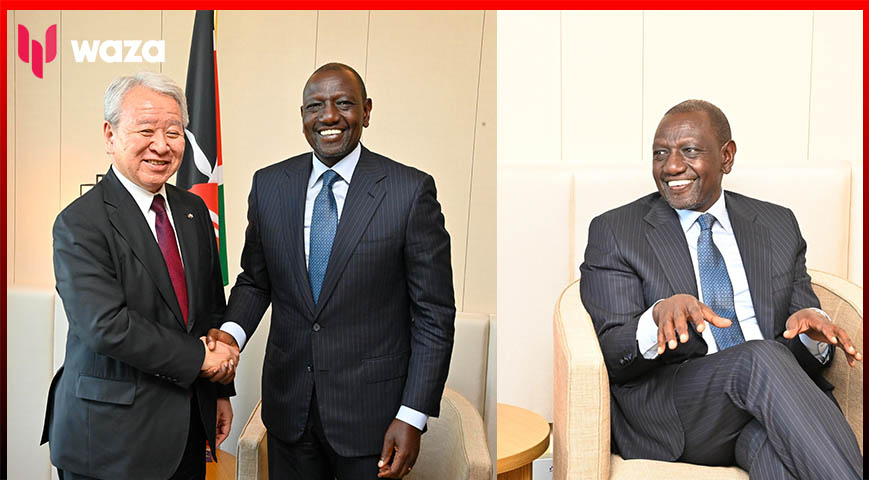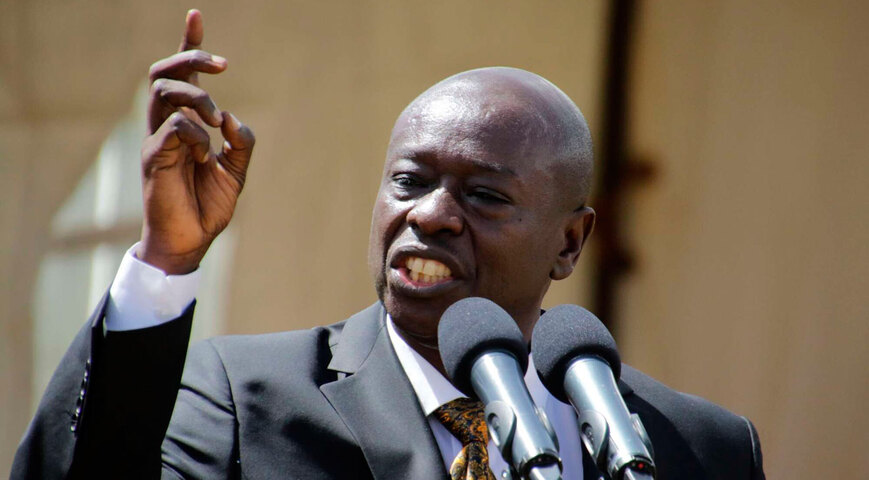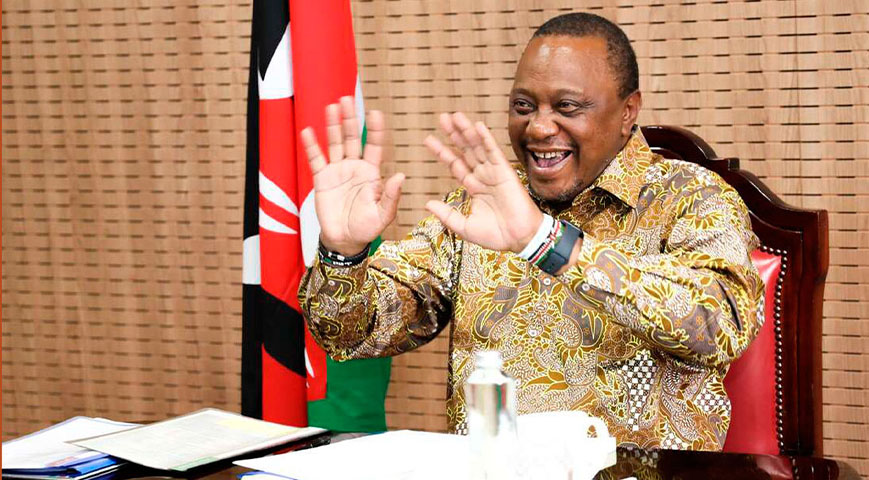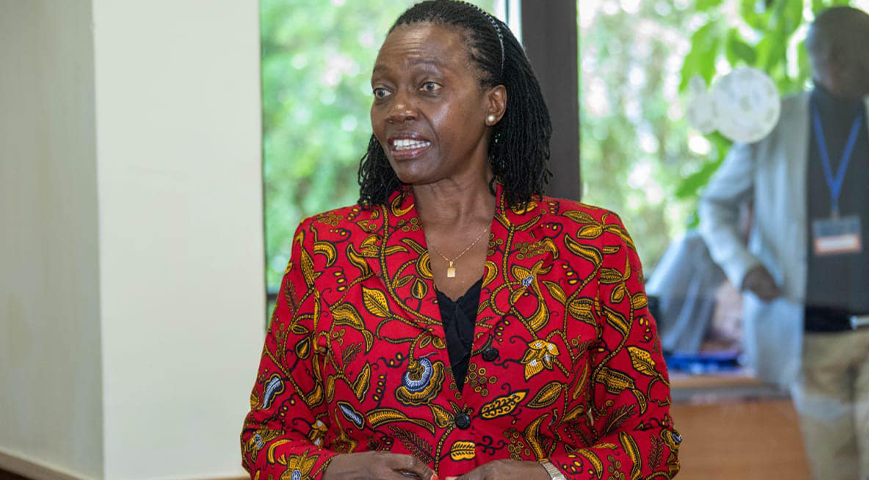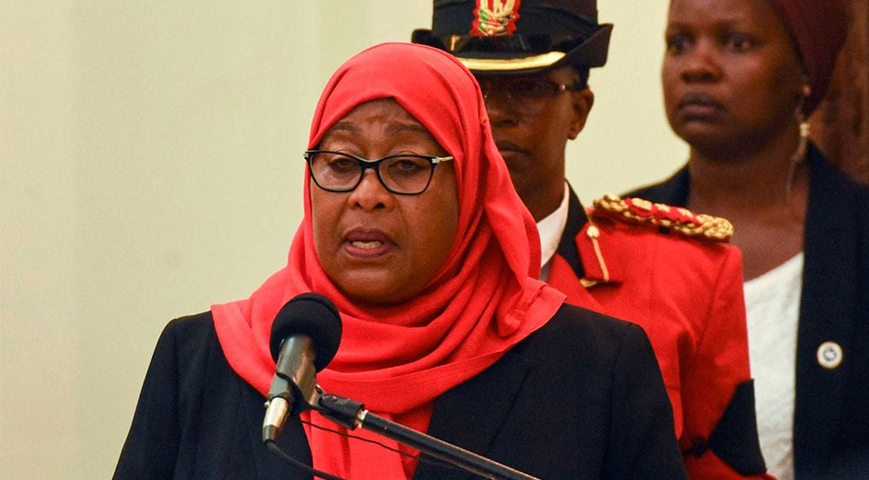President William Ruto returned from a two-day official state visit to Japan with investments totaling Ksh 45 billion.
At the Kenyatta International Conference Centre (KICC) on Thursday, government spokesman Isaac Mwaura declared that Ksh.15 billion of the stated amount would go toward building a wind farm project in Meru.
"The Ksh. 15 billion Meru Wind Farm Energy is a step towards environmental sustainability and economic efficiency. It promises to create several jobs and aims to lower the cost of electricity, benefiting millions of Kenyans and encouraging investments," said Mwaura.
Mwaura continued, "An extra Ksh.8 billion will be set aside for the development of a solar energy project in Isiolo County, with the goal of adding more power to the national grid." Ksh. Eight hundred will also be set aside for the local production of Toyota automobiles.
Did you read this?
Kenya-Japan Bilateral Press Briefing, Tokyo, Japan. https://t.co/liUf6P1AZS
— William Samoei Ruto, PhD (@WilliamsRuto) February 8, 2024
"Toyota will now start manufacturing vehicles locally so that we reduce the importation of over 120,000 vehicles to Japan, leading to more jobs in the vehicle manufacturing value chain across Africa," said Mwaura. He added that Ksh.19 billion will be directed towards building a Menengai Geothermal Plant.
Mwaura also declared that Ksh. Three billion would be given to KEMRI to support research into tropical medicine and to battle diseases like HIV/AIDS and cancer. Grants and public-private partnerships will be the main funding sources for this project.
President Ruto urged Japanese companies to invest in Kenya's manufacturing, agriculture, and technology sectors during his Thursday speech at the Kenya-Japan Business Forum in Tokyo, Japan.
Hosted JBIC Group of officials, led by the Governor of the Japan Bank for International Cooperation, Mr HAYASHI Nobumitsu. pic.twitter.com/0PgjKm70vC
— William Samoei Ruto, PhD (@WilliamsRuto) February 8, 2024
According to the President, the government's Bottom-Up Economic Transformation Agenda (BETA) has created many opportunities in the manufacturing, technology, and agriculture value chains.
He pointed out that both parties would benefit from the alliance, with Japanese businesses accessing Kenya's highly qualified labor force that needs work.
He clarified that by investing in Kenya, Japanese businesses would gain access to the 1.4 billion African market made possible by the African Continental Free Trade Area (AfCFTA) agreement, the Kenyan market, and the East African Community.
Additionally, President Ruto instructed Japanese investors to take advantage of Kenya's fertile land, which can significantly improve the security of the world's food supply.

